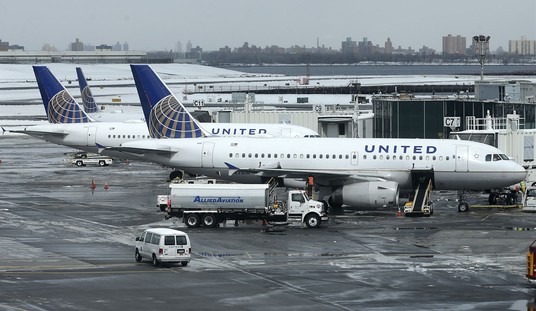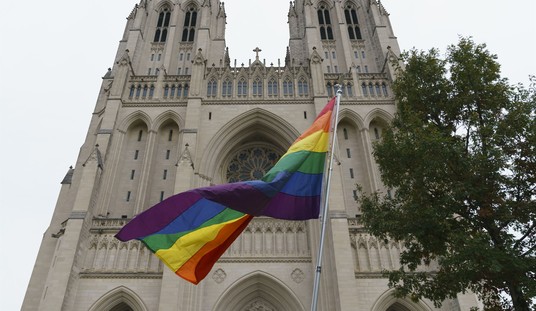New Jersey Governor Chris Christie issued a conditional veto on a measure that would have imposed a permanent ban on hydraulic fracturing — a/k/a “fracking” — in the Garden State. Instead, Christie has suggested a year-long moratorium on the practice.
The debate over fracking in New Jersey is mostly symbolic. New Jersey has exactly zero oil and gas wells. It is, however, the nation’s #7 natural gas consuming state (5% of the nation’s total consumption), ranking ahead of Texas. Since 90% of gas wells are completed with a frac treatment, an anti-fracking New Jersey is a little like an obstetrician who promotes total celibacy among his patients.
Fracking (pdf link) is a treatment process that is applied once a well is drilled. It lasts from a few hours to a few days: sand-laden fluid is pumped downhole in sufficient quantity and pressure to induce cracks or fractures in the rock. The sand holds the cracks open and allows fluid to flow in an otherwise impermeable rock. Horizontally drilled wells, once they’re fracked, can produce shale beds once thought to be of little commercial value. The shale gas drilling boom has been so successful it’s keeping natural gas prices low nationwide.
The gas drilling boom in Pennsylvania’s Marcellus Shale trend has heightened the profile of gas drilling in the Northeast. While Pennsylvania enjoys its economic boom, New York has banned fracking, which is effectively a ban on new gas well drilling.
The Marcellus shale is not commercially viable for natural gas in New Jersey. Where it exists, it is not sufficiently deep to support production. But the deeper Utica shale is more extensive than the Marcellus, and successful results in the Utica in Ohio and Quebec have anti-gas interests in New Jersey worried.
As this map at geology.com shows, the Utica does extend over extreme northwestern New Jersey — but just barely.
Opposition to fracking is so hysterical and so detached from the facts that it is almost funny:
“This is a dismal day for New Jersey,[“] Delaware Riverkeeper Maya van Rossum said. “Governor Christie had the opportunity to stand up for clean water and to protect present and future generations from the ravages of fracking in New Jersey, instead he opted for a political out, a conditional veto that opens the door to fracking and drilling in New Jersey’s future, including all the poisoning of the water, air, land and people it brings.
“Exxon, Shell, Hess, and other drilling big wigs have been lobbying long and hard to get Christie’s support for fracking, it seems they are succeeding,” van Rossum said. “Fracking for gas ruins drinking water and the environment; the practice isn’t safe and can’t be made safe. The terrible truth is that New Jersey’s 8.8 million people packed into an 8,722 square mile area, the most densely populated state in the nation, have nowhere to go to replace a contaminated water supply.”
Fracking happens at depths thousands of feet below fresh water supplies. Every state has well construction regulations which require multiple barriers to protect fresh water resources. The notion that “the practice isn’t safe and can’t be made safe” are the words of a modern-day Luddite.
Natural gas is nearly the ideal fuel: it’s clean, abundant, affordable and American. Despite the claims of charlatan filmmakers and environmental extremists, it can be developed with minimal impact on the environment and on freshwater supplies.
Cross-posted at stevemaley.com.














Join the conversation as a VIP Member